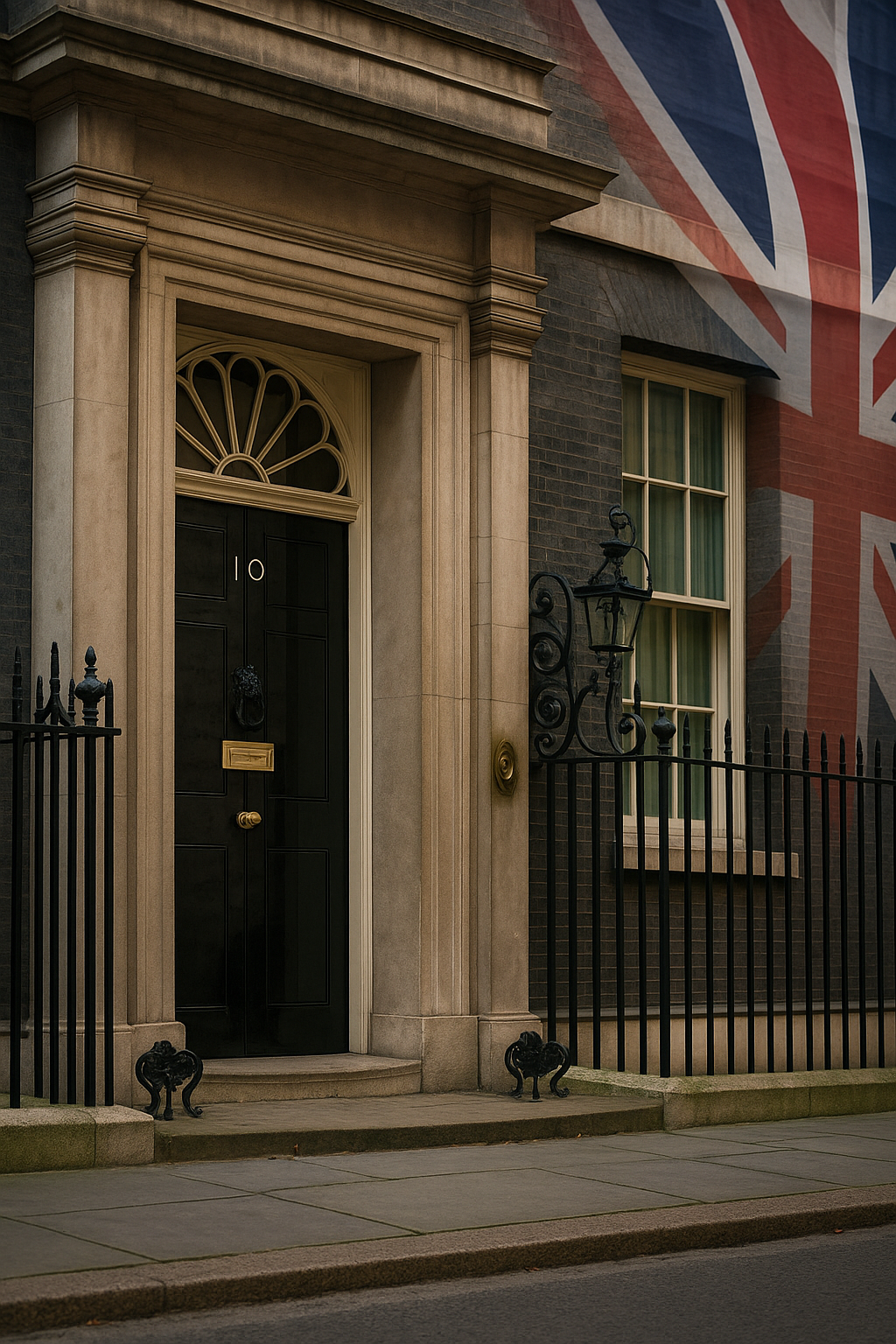UK government borrowing costs climbed after Chancellor Rachel Reeves ruled out a widely-reported plan to raise income tax rates by 2p in the upcoming Budget (BBC News, 2025).
The yield on 10-year government bonds — a key measure of the government’s borrowing costs — initially jumped from 4.44% to 4.56% when markets reacted to concerns over how the government would fill the public finance gap without the additional tax revenue. Yields eased slightly after updated forecasts from the Office for Budget Responsibility (OBR) indicated the expected fiscal shortfall had narrowed from around £30bn to nearer £20bn, thanks to stronger wage growth and higher tax receipts. Even so, yields remained elevated at around 4.57% by the end of trading.
The income tax rise would have supported the Chancellor’s fiscal rules — including not borrowing for day-to-day spending and reducing debt as a share of national income by the end of this Parliament. Reeves has previously said both spending cuts and tax rises remain on the table to deliver what she calls “fair choices” and long-term economic stability.
Market analysts warned that shifting plans so publicly could undermine confidence. Economists interviewed by the BBC said the Budget will now act as a crucial test of credibility, with investors watching closely to ensure the government maintains its commitment to fiscal discipline. If confidence falters, higher borrowing costs could worsen financial pressures — creating a bigger funding gap in future
Source BBC news

